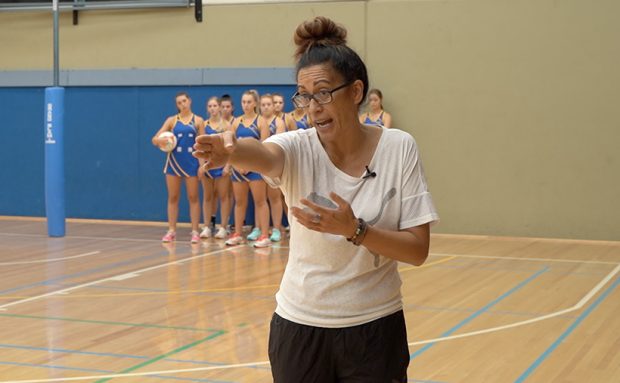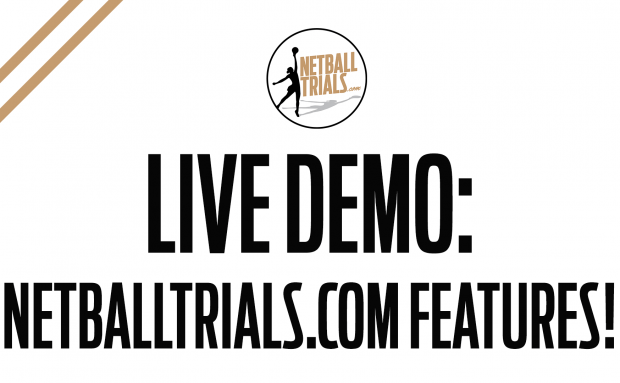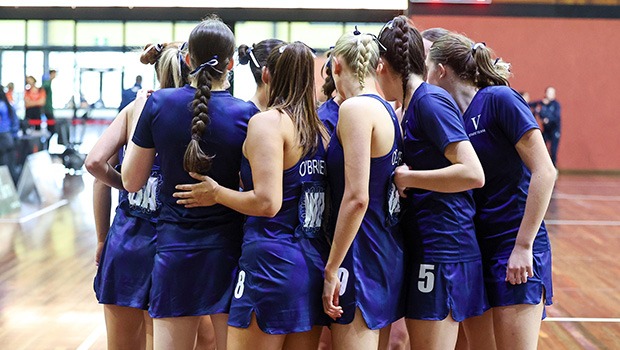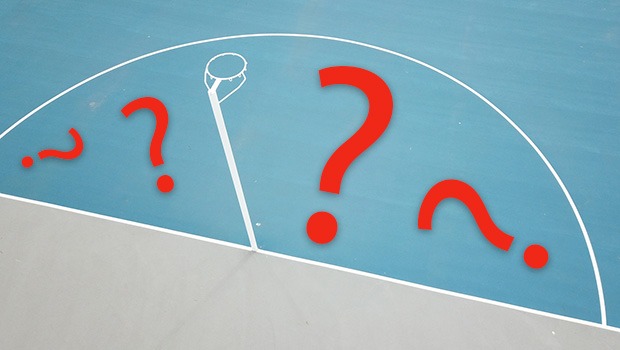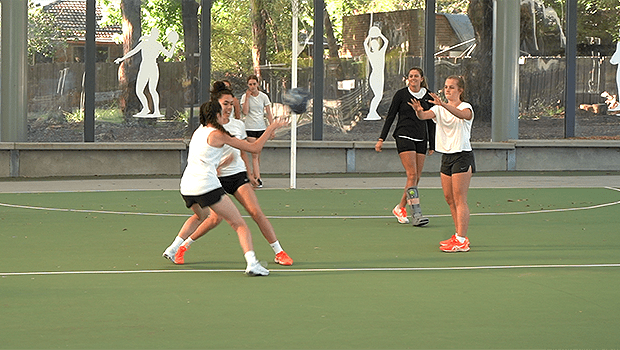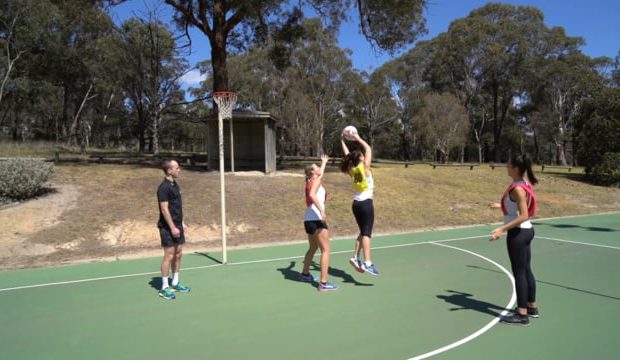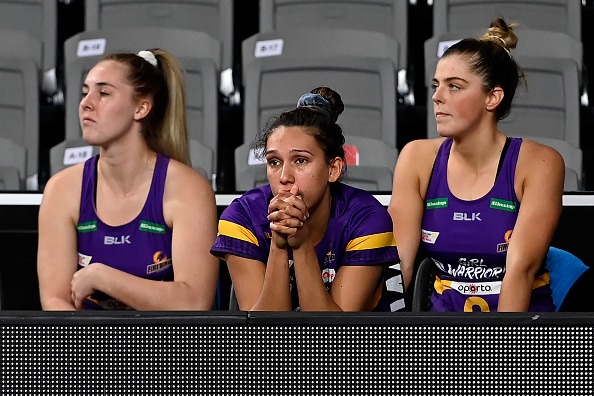
– By Heath Brown
As coaches we often think of winning one dimensionally – you’re either up on the scoreboard or down, and that decides if your team won or lost on the day.
And that’s fair enough, because at the end of the day, particularly at the elite level, your reputation and coaching credibility live and die by your win-loss ratios.
This pressure creates a win-at-all-costs environment that every coach has to battle with and balance what is right versus what will get me the win.
The more common conundrums for coaches at all levels are often around “Should I play the star shooter who didn’t train?” or “Can I blood a youngster knowing they’ll cost me a few goals?”.
Queensland Firebirds coach Roselee Jencke faced a much larger question during Suncorp Super Netball’s Indigenous Round.
It was the win of the season for her side – knocking off the minor premiers.
But while the coaching staff were hailing the victory, netball fans everywhere almost unanimously had a very different view. Let’s break it down.
And before I give my opinion, I am very aware that I’m a white man commenting on a black lives topic in a predominantly women’s sport. I don’t claim to be an expert in Indigenous culture, but I am well educated on the role culture plays in performance. My commentary comes from this place – why in our sport are we not yet creating team environments for all Australians to thrive, regardless of skin colour, gender or sexual orientation, among others?
The Win
On any other day, Jencke and the coaching staff did the right thing, playing the combination they felt was their best seven, and the result spoke for itself.
Lara Dunkley got the bib and had a point to prove to her old franchise. This was her “I’ll show you” moment and she nailed it, while Jencke got to show her bosses that the Firebirds can beat the top side as they move towards 2021.
On any other day, pop the champagne on the minivan ride home.
The Loss
Culturally, socially and potentially ethically the game was lost by the Firebirds.
The club and this sport lost a golden opportunity for little Indigenous girls to see someone like them on the big stage in a game that was about celebrating their people. Instead they saw a court full of white girls and internationals, all of whom deserve to be there, but all of whom weren’t held up as an Indigenous beacon for the entire week beforehand.
Diversity isn’t created by a little Indigenous girl seeing a tribal dress on a white girl. It’s seeing a First Nations woman out there on court. The “someone like me” is missing for that little girl. And this is why we talk the talk but so often don’t walk it with regard to inclusion. We don’t do the right things in the big moments. This was a moment, and the Firebirds let winning a game take precedence over a win for the game.
It was a dead rubber. The coaching staff have already seen what players can do as they begin to plan for next season. Mi Mi should have been on the court at some point.
For me the real shame came in the form of the club’s response – it was stiff, heartless and added fuel to the fire instead of displaying an understanding of why people were hurting.
Over the years I was fortunate enough to have some of the most amazing mentor coaches around me as a player and junior coach. From two in particular I took the following mantra that I always try and stick to:
- We coach people, not just players
- We create cultures, not just results
- We build families, not teams
When I hand over a bib, especially in big moments for the team, the player or the sport – I try and remember there is a way to win that goes beyond just the result.
Moving forward
So what is the solution? In times like this I always look towards those who are doing it well.
The AFL delivers an abundance of Indigenous talent to the top of the sport each year. However the AFL and its clubs also have a huge amount of cash to work with, so it’s not always a simple comparison.
Maybe our sporting bodies need to work with the Australian Government to emulate what the AFL does for young indigenous men, and do the same for young indigenous women. Let’s hope this huge dust-up for the game’s tokenism pushes us forward to take action.
On a final note, I hope there is a coach out there that sees Mi Mi’s talent and grabs it. She’s feisty, she’s athletic and she takes the game on. With Sunshine Coast’s midcourt in need of an injection of youth I hope she remains a Queenslander but chases court time, because a player of her ilk shouldn’t be on a bench any week, let alone in Indigenous round.
Heath Brown is a former Australian men’s team captain who has coached at the elite level in both Victoria and New South Wales, and is now involved in corporate leadership.
